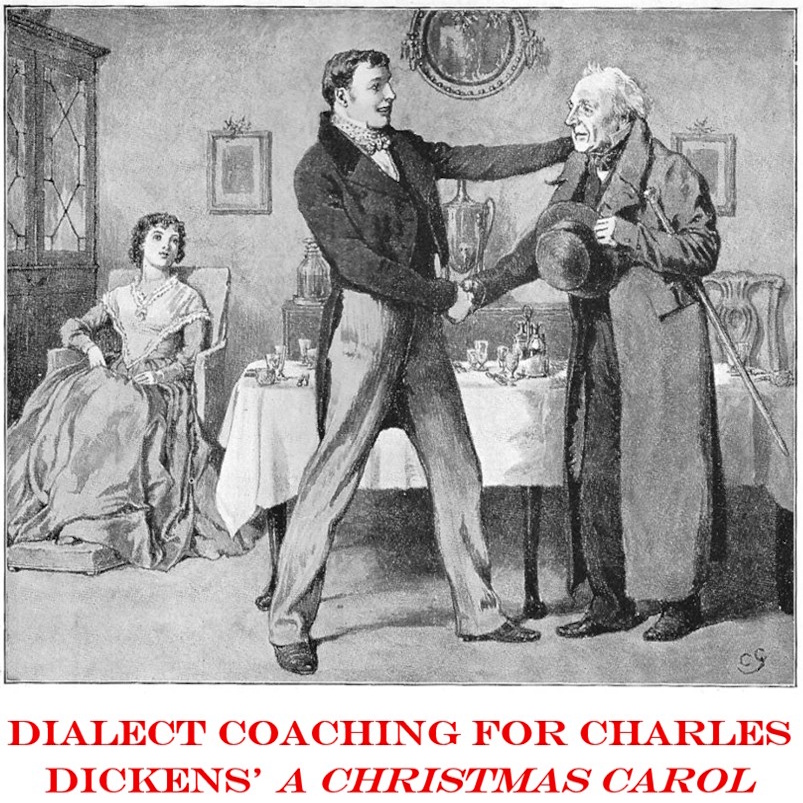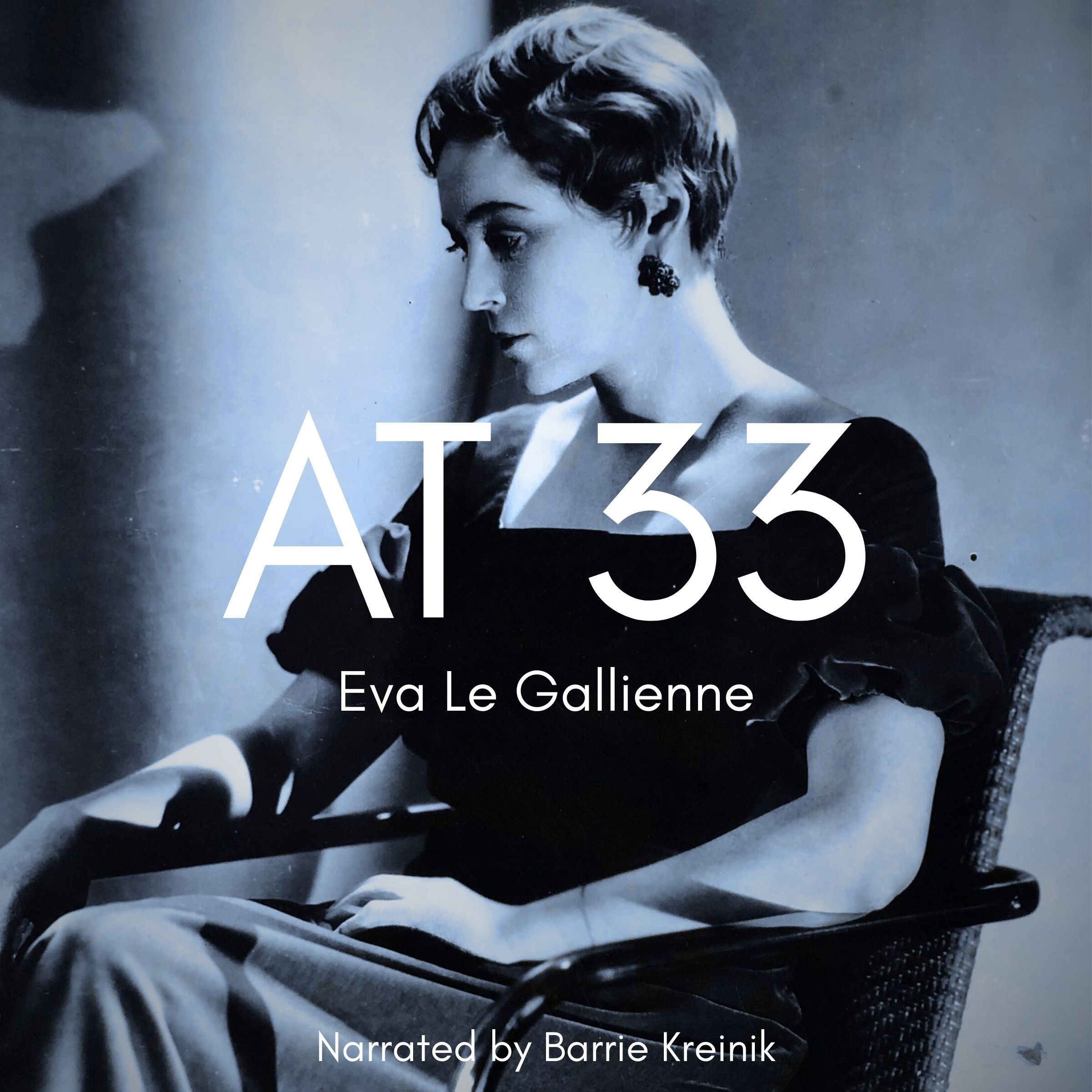Jamaica 7
Listen to Jamaica 7, a 38-year-old man from St. Andrew Parish, Jamaica, and the United States. Click or tap the triangle-shaped play button to hear the subject.
Both as a courtesy and to comply with copyright law, please remember to credit IDEA for direct or indirect use of samples. IDEA is a free resource; please consider supporting us.
BIOGRAPHICAL INFORMATION
AGE: 38
DATE OF BIRTH (DD/MM/YYYY): 02/08/1974
PLACE OF BIRTH: St. Andrew, Jamaica
GENDER: female
ETHNICITY: Jamaican
OCCUPATION: loan-modification underwriter
EDUCATION: AA
AREAS OF RESIDENCE OUTSIDE REPRESENTATIVE REGION FOR LONGER THAN SIX MONTHS:
Subject was born and raised in St. Andrew Parish, Jamaica, until age 12, when she moved to the United States.
OTHER INFLUENCES ON SPEECH:
Her many years in the United States have significantly eroded her accent.
The text used in our recordings of scripted speech can be found by clicking here.
RECORDED BY: Charlotte Williams (under supervision of David Nevell)
DATE OF RECORDING (DD/MM/YYYY): 06/04/2013
PHONETIC TRANSCRIPTION OF SCRIPTED SPEECH: N/A
TRANSCRIBED BY: N/A
DATE OF TRANSCRIPTION (DD/MM/YYYY): N/A
ORTHOGRAPHIC TRANSCRIPTION OF UNSCRIPTED SPEECH:
Growing up in Jamaica, I grew up in a parish, which is, uh, St. Andrew’s. It’s like a state out here. And, um, it was a little small village or town called St. Gordon town. And, um, the community was pretty together; there was, um, helpful along the way, if you had, um, long distance, you had to like coming from school, I would, um, stop by and they would just ask me if I’m thirsty or anything like that and give me something to drink or eat on my way in from school; there was like no transportation so I walked great distances that I didn’t realize was far until I got used to the transportation system, but for me it wasn’t that, that big of a deal; um, there was together and, um, we got to go to church, and, um, pretty united and, for themselves, um, that was in their area. I went to, um, head start and primary school in Jamaica and also, um, secondary school. And primary school is equivalent of like elementary school out here and, um, before you get to go to secondary school or high school, you had to take a test, and if you didn’t pass a test to go to the actual high school you would have to go to the secondary school, which was the same basic curriculum but just, um, on a, on a more, um, slower pace than high school itself. And, um, while there, I learned a lot, um … they were open to a lot. We were taught by English professors that were from Jamaica but were taught in England mostly and, um, in Canada — mostly England. And so even though we spoke in Patois as a regular dialect when we were in school, we had to speak, um, articulate English as possible. Um, I came here at ages 12 years old, so for the most part, um, my early childhood was in Jamaica was a lot of fun; we, of course, were surrounded by a lot of water, so I knew how to swim at a early age, maybe not the professional backstroke and dog paddle and all that, but I could, um, maintain and and in large bodies and deep water. Um, there were beaches — beautiful beaches — and we had, um, outings every summer. My grandfather was from Ocho Rios, so every summer I would spend my entire summer with him in Ocho Rios, and I would go to Montego Bay, which is favorite Dunns River Falls for tourists. I didn’t know it was difference ’cause for me it was just fun, it was local, it was, it wasn’t too spectacular till I came here and realized the difference.
TRANSCRIBED BY: Charlotte Williams (under supervision of David Nevell)
DATE OF TRANSCRIPTION (DD/MM/YYYY): 06/04/2013
PHONETIC TRANSCRIPTION OF UNSCRIPTED SPEECH: N/A
TRANSCRIBED BY: N/A
DATE OF TRANSCRIPTION (DD/MM/YYYY): N/A
SCHOLARLY COMMENTARY: N/A
COMMENTARY BY: N/A
DATE OF COMMENTARY (DD/MM/YYYY): N/A
The archive provides:
- Recordings of accent/dialect speakers from the region you select.
- Text of the speakers’ biographical details.
- Scholarly commentary and analysis in some cases.
- In most cases, an orthographic transcription of the speakers’ unscripted speech. In a small number of cases, you will also find a narrow phonetic transcription of the sample (see Phonetic Transcriptions for a complete list). The recordings average four minutes in length and feature both the reading of one of two standard passages, and some unscripted speech. The two passages are Comma Gets a Cure (currently our standard passage) and The Rainbow Passage (used in our earliest recordings).
For instructional materials or coaching in the accents and dialects represented here, please go to Other Dialect Services.
 IDEA: International Dialects of English Archive
IDEA: International Dialects of English Archive




